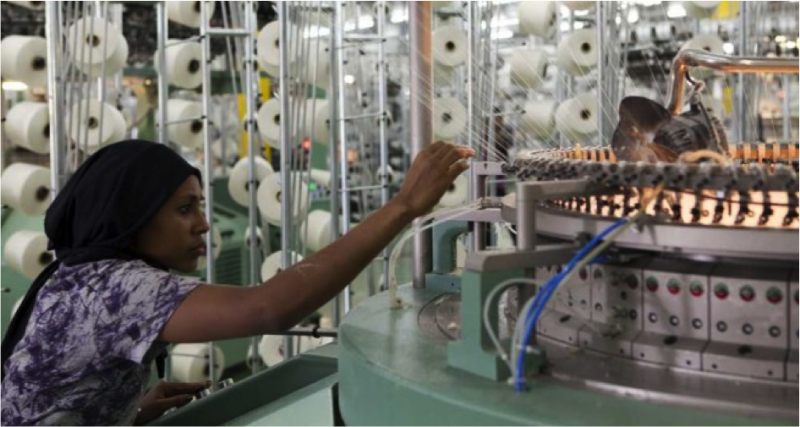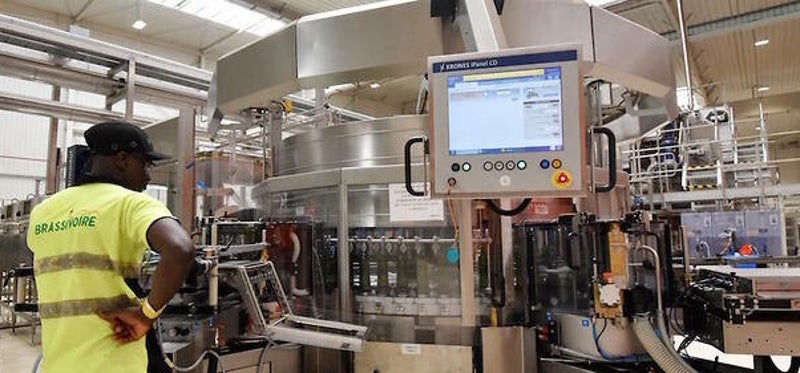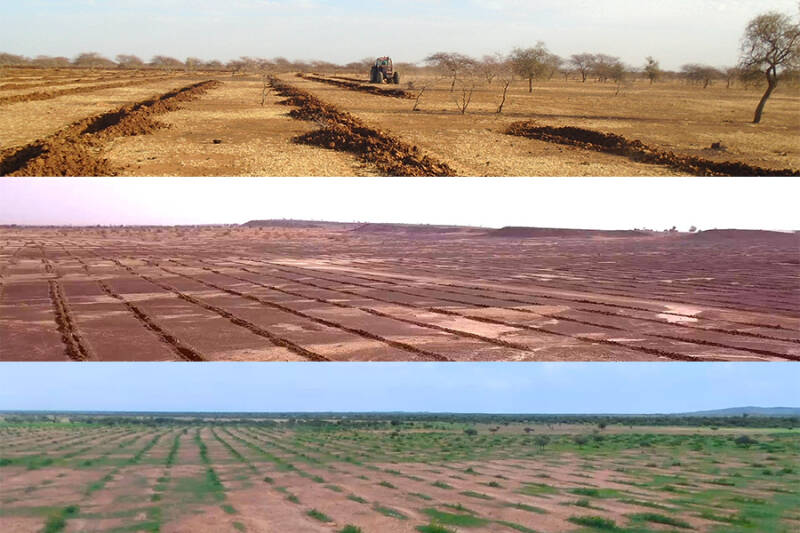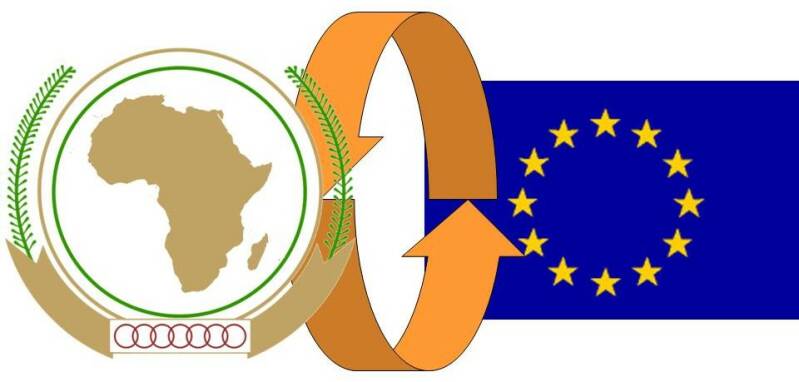MIXING RECIPES "Africa-Europe"
Enabled by its educated demographic dividend Africa wants its mineral wealth to be transformed locally into exportable products and services
‘De-globalisation' of manufacturing capacity - ‘Globalisation’ of know-how
African industrial SMEs seek partnerships with EU SMEs
--> Catalyse Africa’s economic development
EU industries relocate manufacturing plants to Africa
--> Restart EU’s economy



Circular Know-How Economy 'Africa-Europe'
Creates millions of formal jobs in Africa and a new growth market, alleviates global warming, and the demographic explosion of Africa.
(Africa 2050: 25% of the world's active population)
A new era 'Post COVID-19'
How to motivate solid EU manufacturing industries to relocate factories to Africa? - How to motivate African SMEs (agro-food and others) to take the initiative to create partnerships with those in Europe? - How to motivate the African financial elite to invest in a productive economy rather than in trade and real estate? - Deglobalisation - Local transformation of African raw materials - Short value chains - CO2 neutral African industrialisation - Prevention of the global spread of viruses and global warming - A time bomb? – No SDGs without advanced industries - 'Do-gooders' perpetuate prejudices about Africa - The Independent Africa - A guided change of mentality - New global prosperity
An example of 'Circular know-how economy Africa-Europe'
Early March 2020, the Belgian-African company HOMMES ET TERRE SA interviewed 45 agronomists trained locally in Burkina Faso, Niger, Mali and Senegal and met with authorities and deans of faculties agronomy and economy.

HOMMES ET TERRE Global SA restores ecosystems and agroforestry in the Sahel in collaboration with local communities
2018-2019: 4 million trees planted (total heritage: 11 million new trees); 4,500 hectares recovered (total heritage: 15,000 hectares); 1,000 hectares reinforced; 50 tonnes of seeds collected; 102 partner villages

Some observations
-
Skills. The number, knowledge and motivation of the people interviewed, locally trained by professors holding a Western doctorate, command respect.
-
Time bomb. Due to a lack of investment in modern industries, a significant part of the interviewees (master 2, over 30 years of age) did not have a decent job. Families invest in higher education for their young people to finally find out that their efforts do not lead to quality employments. In certain cases this situation may lead to radicalization (!): A time bomb.
-
Factories. African civil society and the authorities urgently demand "factories", not "the Sustainable Development Goals". They feel that 'for-profit' Foreign Direct Investors who partner with local entrepreneurs ensure the permanent transfer of advanced industrial know-how, create masses of quality jobs and an independent middle class. The latter ensures the achievement, from the inside, of the SDGs, ... without Western aid or paternalism.
The fetishism of start-up capacity building. Modern entrepreneurship' is acquired 'on the job' at solid established companies, not at the university, nor in incubators or by the accompaniment of Western 'experts': a call to make solid industrial EU companies aware of the opportunities offered by investments in Africa.
Unconscious bias. Well-intentioned 'do-good' fundraising campaigns, widely publicized, reinforce deep-seated and stigmatising prejudices about Africa and have a discouraging effect on investments. Africa needs investments in modern infrastructures and industries.
Remedy: a guided change of mentalities. It is proposed to organize debate evenings in 30 major Belgian cities. Theme: "Africa is not what you think it is". Young African professionals, after 12-24 months of practice in Belgian companies, return to the country of origin as a manager. Their testimony stimulates a change of mentality about this 'other' Africa and incites solid industrialists to invest in Africa and/or to associate with African SMEs. In Africa, their testimony encourages the large African financial elite to follow the example of Western investors and invest in a productive economy.
CONCLUSIONS

Mixing recipes
The Belgian economic magazine ‘Trends’ of March 12, 2020 published in the headlines "The limits of globalization". The article cites the case of the Danes who export cookies to the United States and the US that exports cookies to Denmark. The publication asks the question "Wouldn't it be easier to just trade recipes". This is exactly what the initiative "The Africa-Europe Circular Know-How Economy of Young African Professionals" is aiming for: mixing European commercial and technological recipes with African market and cultural recipes. African engineers and economists familiarize themselves in Europe for 12-24 months with business processes and advanced technologies.
Back home they transfer and constantly multiply modern models adapted to the reality of Africa. They ensure the local transformation of raw materials into competitive products on local and neighboring markets; in the short value chain, with a minimum of CO2 emissions by relying on eternally renewable energies. They put an end to exuberant transportations in all directions of raw materials, semi-finished and finished products and… expensive expatriates and their families.
The Circular Know-How Economy Africa-Europe
The Covit-19 pandemic and the awareness of global warming due to CO2 emissions require the local processing of raw materials. African authorities have been asking for this for a long time. China was probably the last country to prosper thanks to complex international value chains. "The Africa-Europe Circular Know-How Economy of Young African Professionals" is an initiative fully funded by nine Belgian private companies. A program which, thanks to the deglobalisation of physical goods and persons, slows down the spread of the virus and global warming, while creating prosperity in Africa and perpetuating well-being in the West. (The creation of a new growth market of 25% of the active world-population for certain EU upscale products and services).
Global well-being
African 'physical' deglobalisation and its short decentralised value chains close to he end user, imposed by coincidence COVID-19 and the climate crisis, will encourage other continents to follow the African example of know-how globalisation and herald a new era of global wellness?
Message to entrepreneurs. Enter a new growth market without any risk by participating in the initiative 'Africa-Europe circular know-how economy': talent search, market creation, facilitation of mobility and integration of young African professionals, strengthening of brand of the company, innovative cross-fertilisation in the workplace, contain illegal migration, prevent conflicts, contribute to climate control, create prospects,…

Circular Know-How Economy Africa-Europe – Circular Migration young African professionals
15/12/2020 karel.uyttendaele {@} pandora.be


Maak jouw eigen website met JouwWeb